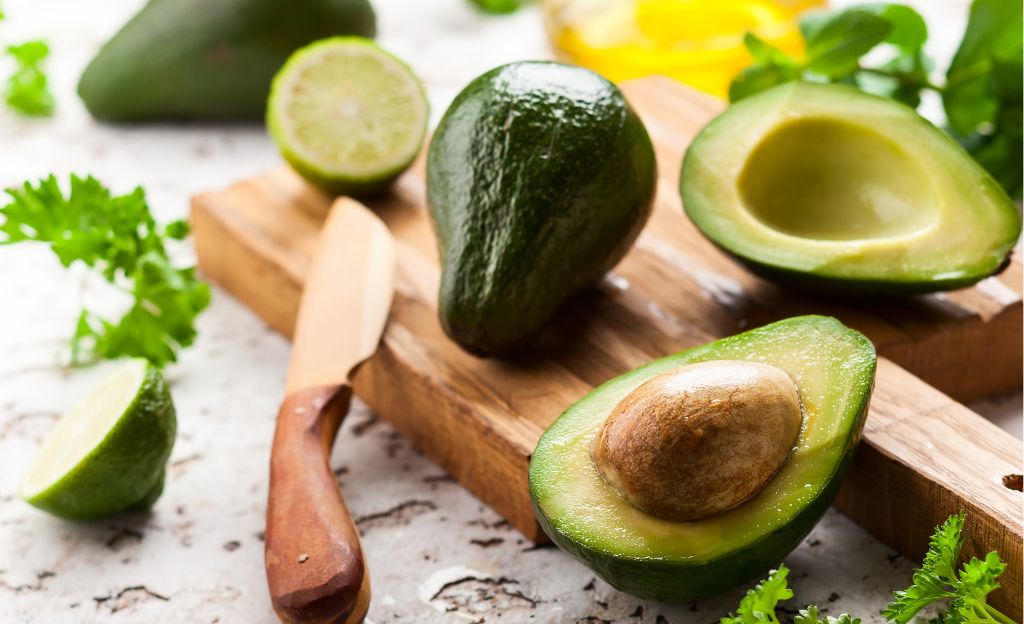By Sabrena Salahudeen
The health community considers avocados to be the perfect food. Although native to Central and South America since the 17th century, the avocado is cultivated worldwide in tropical and subtropical countries. This creamy rich fruit has the perfect ratio of proteins, good carbohydrates and good fats.
Healthy Benefits
Oleic acid found in avocados help lower LDL cholesterol and offer protection against breast cancer. Avocados offer up antioxidants such as lutein, carotenoids, and tocopherols(vitamin E) that inhibit the growth of prostate cancer cells. It is considered a good source of vitamin K, potassium, folate, vitamin B6, vitamin C, and copper. If you have a latex allergy you may experience an allergic reaction to avocados so avoid them, eat only organic ones that contain less chitinases (found in latex), or cook the avocados to neutralize these offensive enzymes.
Ripe avocados are slightly soft and should have no soft or hollow spots or cracked skin. Avocados should not be refrigerated until ripened, and then placed into a paper bag within the fridge for up to a week without breaking the skin. As it ripens, the avocado skin becomes darker.
Preparation
When preparing avocados, it is best to cut lengthwise in a half, while twisting the two sides in opposite directions to wrench the flesh from the pit – either peel the skin or scoop the fleshy insides. Prevent darkening flesh by sprinkling lime or lemon juice. Use the ripe avocado spread as a mayonnaise substitute when making a sandwich.






